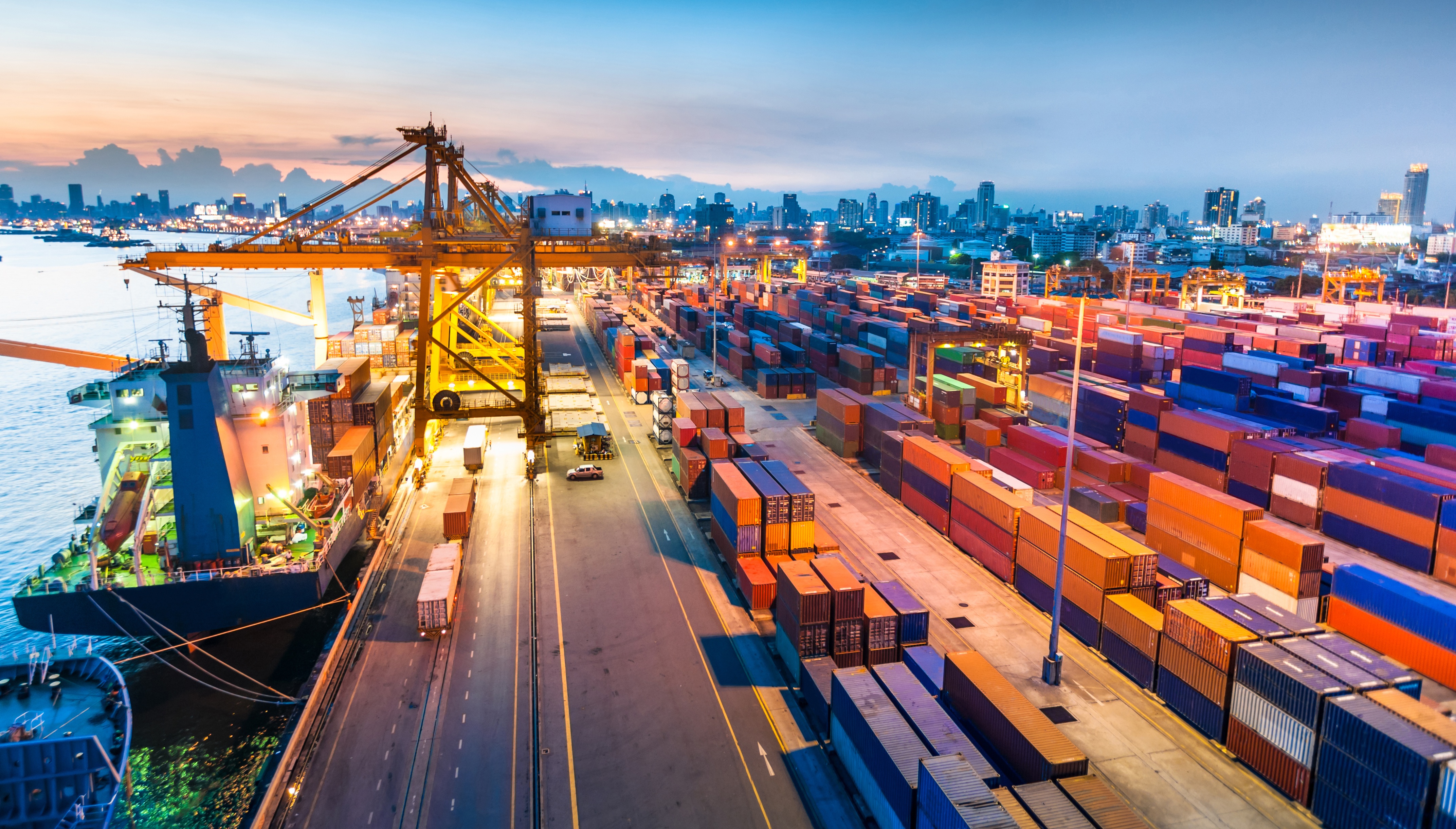As anyone working in the logistics and shipping industry knows, the major barriers to importing goods into the United States include duties, taxes, tariffs, and restrictive government regulations. Luckily, there are ways that businesses can overcome these obstacles and stay competitive in the global marketplace. By taking advantage of the Free Trade Zone warehouse space (or FTZ), importers and exporters of every size can see significant benefits, including improved revenue.
What Is a Free Trade Zone?
A Free Trade Zone is an area within the United States that is considered outside of the U.S. Customs territory for the purposes of importing and exporting merchandise. One of the key components of an FTZ is that both foreign and domestic goods are allowed without being granted permission by a customs agency.
A FTZ also allows manufacturers to assemble products using both foreign and domestic components. While these are the basic facts of how a FTZ operates, perhaps even more important are the financial benefits for import and export pros.
Deferred Duties & Taxes
Normally, when a shipment of goods arrives at a port within the U.S., it is subject to applicable duties and taxes. By using Free Trade Zones, organizations are allowed to defer duty payments until the merchandise actually enters U.S. Customs territory.
Taxes on inventory are also deferred, meaning that companies can hold on to more of their capital for investment purposes. There are no payments due unless the merchandise is transferred out of the zone and into the American marketplace.
Deferred Tariffs
For some U.S. manufacturers, the tariffs on components and raw materials are higher than they are for the actual finished product. This can put domestic producers at a serious financial disadvantage in comparison to an importer, and be a huge hindrance to business operations.
In an FTZ, duties are based on the lower amount of either the raw materials or the finished product. In some cases, the tariffs are eliminated altogether, which also eliminates many of the costs associated with the importation of the components used in the manufacturing process. For these reasons, tariffs in FTZ zones are much less punitive and cumbersome, saving manufacturers significant money.
Re-Exporting
Many times, importers find themselves holding onto merchandise that is not viable in the U.S. marketplace. Additionally, manufacturers often import components and assemble them to be re-exported. By using an FTZ, these companies are able to avoid paying duties both on the importation and the re-exportation of the goods since they never enter U.S. markets.
Who Benefits From an FTZ?
Every importer and exporter from individuals to huge manufacturing companies can reap the benefits of using Free Trade Zone warehouse space. Consumers also benefit since the prices of goods that are imported through or manufactured in an FTZ are inherently lower than those produced outside of these zones. This creates a more competitive marketplace, not only in the U.S., but around the globe.
As you can see, there are clear benefits to using an FTZ, in terms of saving money and avoiding U.S. Customs restrictions. Free Trade Zones also go a long way toward creating a more competitive global marketplace. As a manufacturer, importer or exporter, it is wise to consider using an FTZ to take advantage of these unique benefits.





